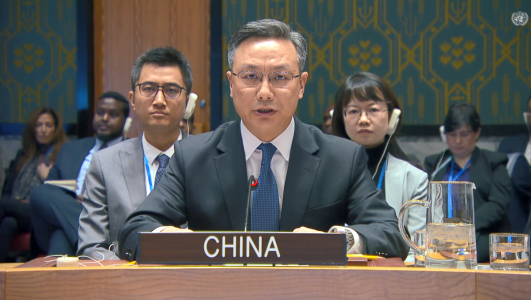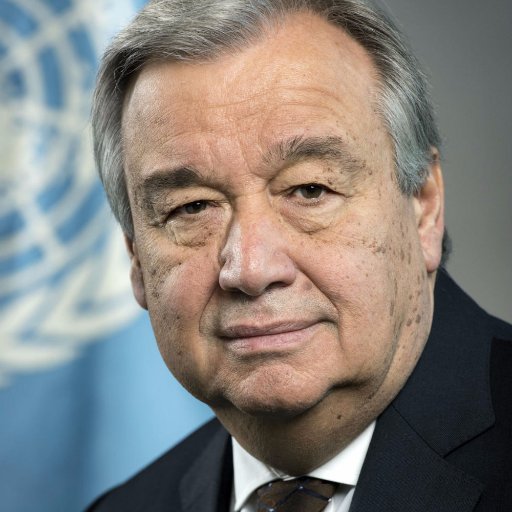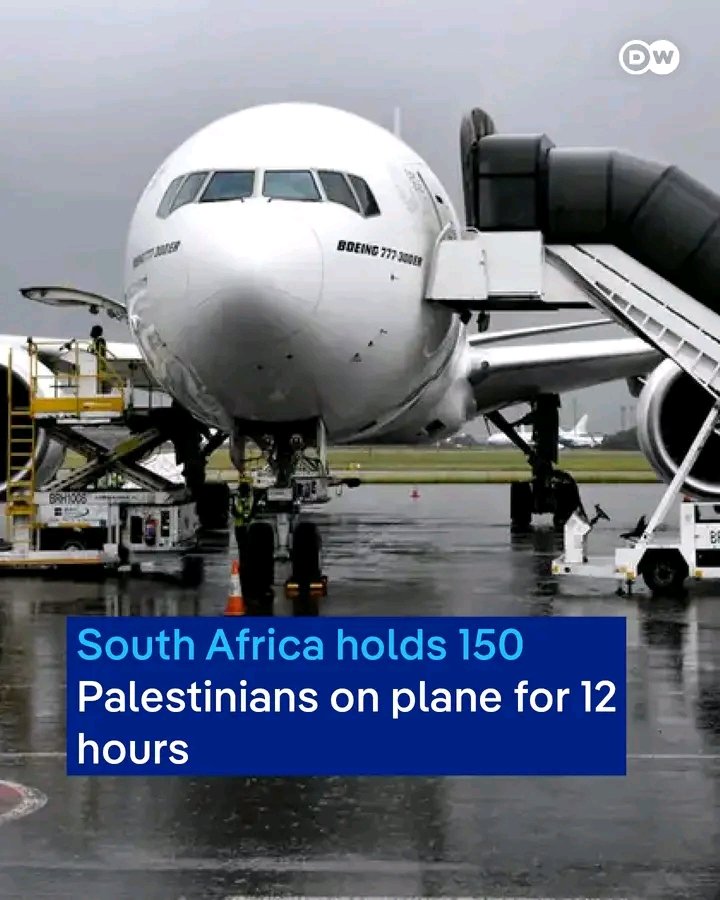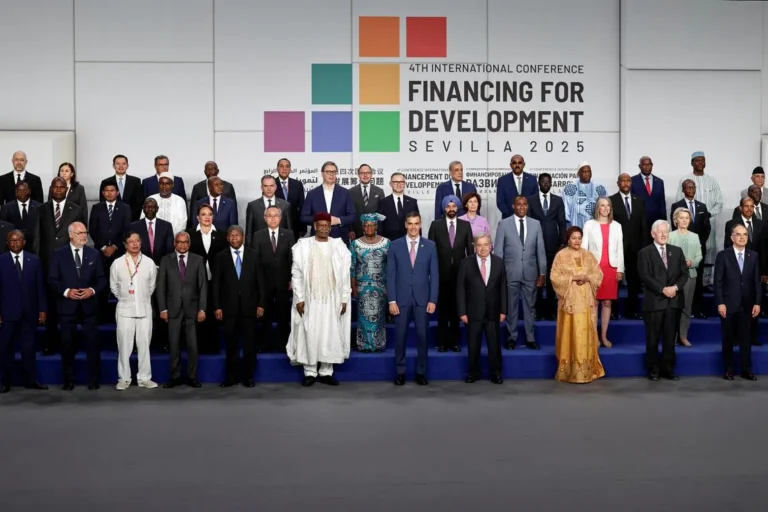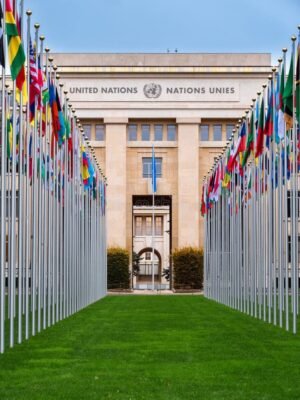
U.N. General Assembly to Convene in Geneva After U.S. Blocks Palestinian Delegation
GENEVA – In an unprecedented move signaling a profound shift in global diplomacy, the United Nations General Assembly will convene a special session in Geneva after the United States barred a Palestinian delegation from entering New York to address allegations of war crimes.
The relocation, sparked by the U.S. refusal of entry, is more than a logistical workaround; it is being hailed by diplomats and advocacy groups as a bold reassertion of procedural justice and international law in the face of political obstruction. The session will operate under the framework of the “Uniting for Peace” resolution, a mechanism that allows the General Assembly to recommend collective measures—including the use of armed force—when the Security Council is deadlocked.
“This is a pivotal moment,” said a European diplomat speaking on condition of anonymity. “When one nation’s veto can paralyze the Security Council, the General Assembly has both the right and the responsibility to act. Moving to Geneva is a powerful symbolic and practical step to circumvent that obstruction.”
The session is expected to draw high-level delegations, leading legal experts, and a strong contingent of civil society leaders. The agenda will focus on the escalating crisis in Gaza and the broader question of Palestinian self-determination.
Central to the discussions will be a series of urgent proposals from human rights and advocacy organizations. These include:
· Deploying International Protection Forces: A push for the UN to recommend the deployment of an international force to protect civilians in Gaza and ensure the safe delivery of humanitarian aid.
· Suspending Israel’s Privileges: Calls for suspending Israel’s rights and privileges within the UN system until it complies with international law and restores full, unfettered humanitarian access to Gaza.
The U.S. action, which prevented the Palestinian delegation from presenting its case at UN headquarters, appears to have galvanized a broad coalition of nations rather than silencing the debate. The move to Geneva, a city synonymous with international law and humanitarianism, amplifies the legal and moral dimensions of the session.
“By attempting to block this delegation, the obstructionists have only succeeded in moving the debate to a forum where the rules of justice, not political power, take center stage,” said the head of a major international legal advocacy group.
The Geneva gathering is poised to become a defining moment, testing the General Assembly’s ability to translate recommendations into action and challenging the traditional power dynamics that have long dominated the UN Security Council. The world will be watching to see if this unusual session can chart a credible path forward for peace and self-determination.

